Content from the Brookings Institution India Center is now archived. After seven years of an impactful partnership, as of September 11, 2020, Brookings India is now the Centre for Social and Economic Progress, an independent public policy institution based in India.
This article first appeared in the Open. The views are of the author(s).
BRITISH INVESTIGATIVE journalists Cathy Scott-Clark and Adrian Levy have established themselves as specialists in fast-paced, densely-researched, narrative non-fiction books about the shadowy security of South Asia. Nuclear Deception was an account of the AQ Khan nuclear proliferation network. The Meadow told the tale of Western backpackers taken hostage in Kashmir in 1995. The Siege detailed the horrors of the 26/11 attacks in Mumbai.
The latest addition to their oeuvre, The Exile, recounts Osama bin Laden’s years in hiding after the 9/11 attacks. The narrative flits effortlessly from Iranian detention facilities, Afghan battlefields, and CIA black sites in Romania and Thailand, to Pakistan Army meetings in Rawalpindi, safe houses in Karachi, and terrorist conclaves in the tribal areas. Essentially, it tells three interwoven stories.
The first concerns the trials and tribulations of Bin Laden’s immediate family, based on the authors’ interviews with members in Pakistan, Qatar and Saudi Arabia. It provides a vivid account of petty jealousies, marital prospects, and health problems (including mental illness), as Bin Laden, his many wives and children fled Afghanistan and lived in hiding in Pakistan and under protection of the Quds Force in Iran.
The second story involves the hunt for Al Qaeda from the perspective of the hunted, who dispersed to South Waziristan and Bajaur, Karachi and Iran, Haripur and Abbottabad. Scott-Clark and Levy hold a mirror to the US government’s official history, reinforced in film and other accounts. Key turning points included the capture of courier Hassan Ghul in early 2004, the CIA’s refocus on bin Laden in 2009, and the identification of bin Laden’s Abbottabad compound in August 2010. There were setbacks, including attempts to turn Ghul, the notorious Aafia Siddiqui, and Jordanian doctor Humam al-Balawi into double- agents. The Exile also exposes deep flaws in US intelligence, such as the inflated importance accorded to the captured Abu Zubaydah.
The third tale concerns high politics, a domain where Scott-Clark and Levy are least comfortable. This includes the machinations of the Pakistani and Iranian governments, both of which wrestled internally with how to deal with Al Qaeda and its affiliates on the one hand, and the US on the other. Some of it strains credulity. Pakistani President Pervez Musharraf’s decision to assist the US against Al Qaeda is portrayed as one of swift brilliance on September 11th, 2001. Unsurprisingly, the source is Musharraf himself. But while giving some credence to the Pakistani narrative of ‘rogue’ ISI elements and uncontrollable jihadi groups (General Hamid Gul crops up, as usual, as pantomime villain), the book is far more damning on other counts.
It details the assistance provided to fleeing Al Qaeda men by ISI-affiliates Lashkar-e-Taiba and Jaish-e-Mohammed, Musharraf’s stubborn reluctance to crack down on Al Qaeda in South Waziristan in 2004, and the fallout of the disastrous 2006 Waziristan Accord. The ISI’s S-Wing, Scott-Clark and Levy write, ‘dealt directly with armed Islamist outfits without referral back to headquarters to ensure plausible deniability for the ISI chief’. Significantly, The Exile draws a straight line between Bin Laden’s escape from Afghanistan and the attack on Indian Parliament in December 2001, with Pakistani troops diverted to the Indian border with uncharacteristic alacrity. ‘It was difficult not to see this as a deliberate ruse to allow Osama bin Laden to escape from Tora Bora into Pakistan,’ the authors conclude. The dots are less well connected when it comes to the Abbottabad compound. When construction began in 2004, ‘The Abbottabad Cantonment Board approved the plans without verifying the owner, although this was a legal requirement.’ The records of Bin Laden’s architect suggest that Lashkar-e-Taiba had helped purchase the plot.
All told, The Exile makes for a brisk, informative read. But it still remains an early draft of history. Further drafts, drawing from sources not yet available, will eventually provide a more complete picture of what was once the world’s biggest unsolved mystery.
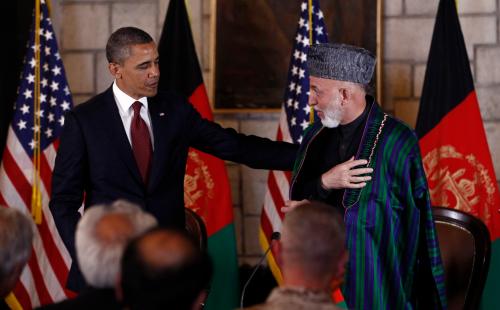
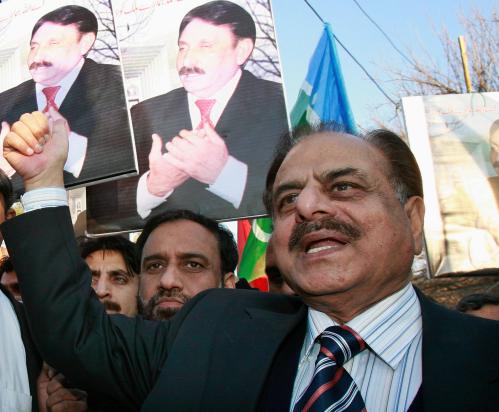
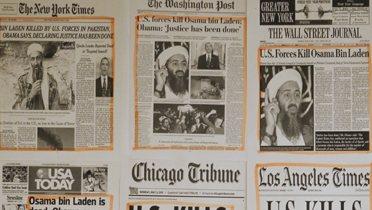
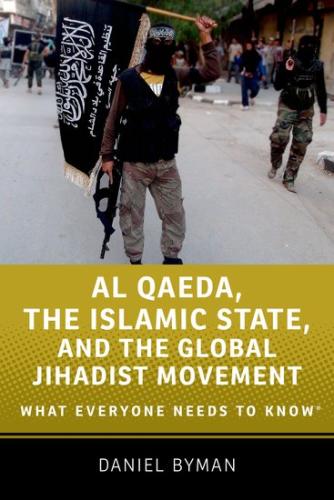
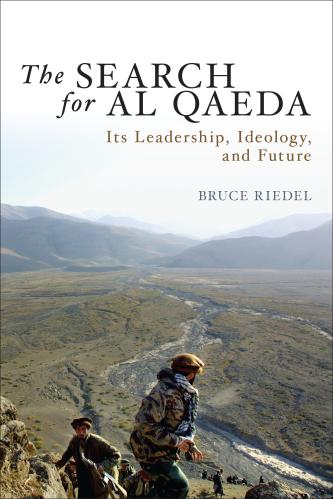
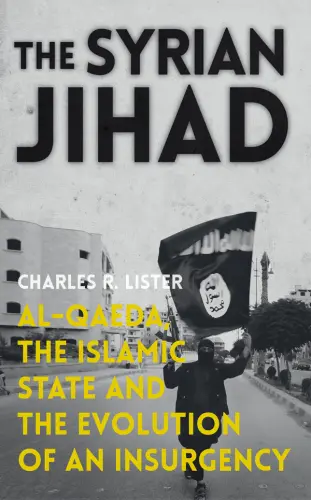




Commentary
Op-edBook Review: Man on the Run
June 23, 2017